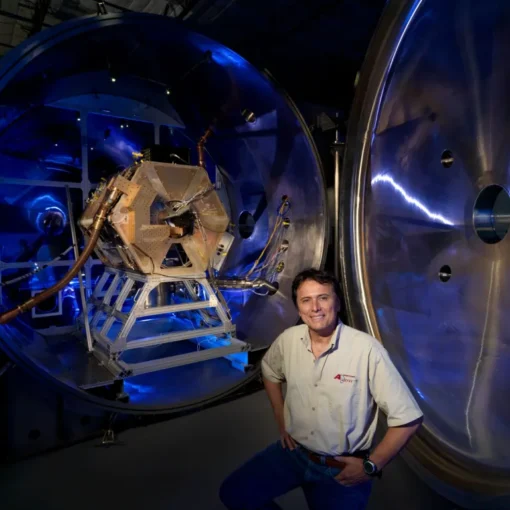The president of Costa Rica, Rodrigo Chaves, highlighted this Thursday in his second work report before Congress, the advances of the economy that have led the country to be a “jaguar”, and announced his intention to promote a multi-issue referendum to approve laws that do not advance.
“Our economy is a jaguar that emerges from Central America towards the world. “This is how Bank of America, international organizations and financial markets value us,” Chaves declared in his annual report to deputies.
The president, who will end his term on May 8, 2026, stressed that the country’s economy grew around 5% last year, poverty fell from 23% to 21.8%, unemployment went from 11% to 7.8% in the last year and that in 2023 there was a primary surplus of 1.6%.
Chaves also pointed out that foreign direct investment in 2023 reached 3,921 million dollars, which established Costa Rica as “world champion in investment attraction as a proportion of the Gross Domestic Product (GDP).”
“We already play in the premier league of the 38 best-managed and most prosperous countries in the world and we look in the mirror that we deserve to see ourselves,” he said, referring to the fact that Costa Rica is part of the Organization for Economic Cooperation and Development (OECD).
The president also highlighted that Costa Rica is a strategic partner of the United States through the CHIPS and Science law, which will position his country as “one of the leaders in the world in the semiconductor industry.“
In terms of security, Chaves regretted the “war between criminal gangs” that last year caused 907 homicides, the highest number in the country’s history, and assured that it is necessary for Congress to approve a package of laws related to the fight againstorginazed crime.
The image of the jaguar that resurfaces and fills us with hope is important, but there are still perverse shadows that deserve concrete and urgent actions. There is a violent war between criminal gangs. “That is one of the biggest challenges facing the country,” he stated.The president also highlighted initiatives in education, employment, electricity and water, in addition to a series of infrastructure projects.
A multi-issue referendum
Chaves complained about initiatives that, in his opinion, have been hindered in Congress or by the Comptroller General of the Republic, to which he announced that he will promote a multi-issue referendum.
“I respect the separation of powers and the power that the deputies have to obstruct the work of the Government (…) however and precisely within the framework of our Political Constitution, I inform you of the intention of the Executive Branch to promote a referendum so that citizens can decide if they agree to approve bills that are essential for the future of the country,” declared the president.
Among these projects Chaves cited the sale of the state-owned Banco de Costa Rica and the International Bank of Costa Rica; work days of 4 days of 12 hours worked with 3 days of rest; an initiative related to electricity; another to reform ministries; and the construction of Government City that will house public institutions.
In Costa Rica there has only been one national referendum, which was held in 2007 when citizens approved the Free Trade Agreement between the United States and Central America.
A referendum can be called by citizens with the signature of 5% of the electoral roll or by a vote in Congress that requires approval by a simple majority, that is, 29 of the 57 deputies.The ruling Social Democratic Progress Party (PPSD) only has 9 deputies.
The direct decision of the people
“The Government considers that there is nothing more democratic and sublime than the direct decision of the people. The decision to promote the referendum has been made but only rivers and fools do not return,” Chaves asserted.
For those who have experienced shifts in consciousness and know that more peace, joy, and love awaits in a better living environment. A bold shared vision. A living community and hub for innovation. A sustainable ecosystem for living and working. A model for the new future.
– Advertisement –
Source link
TCRN STAFF



